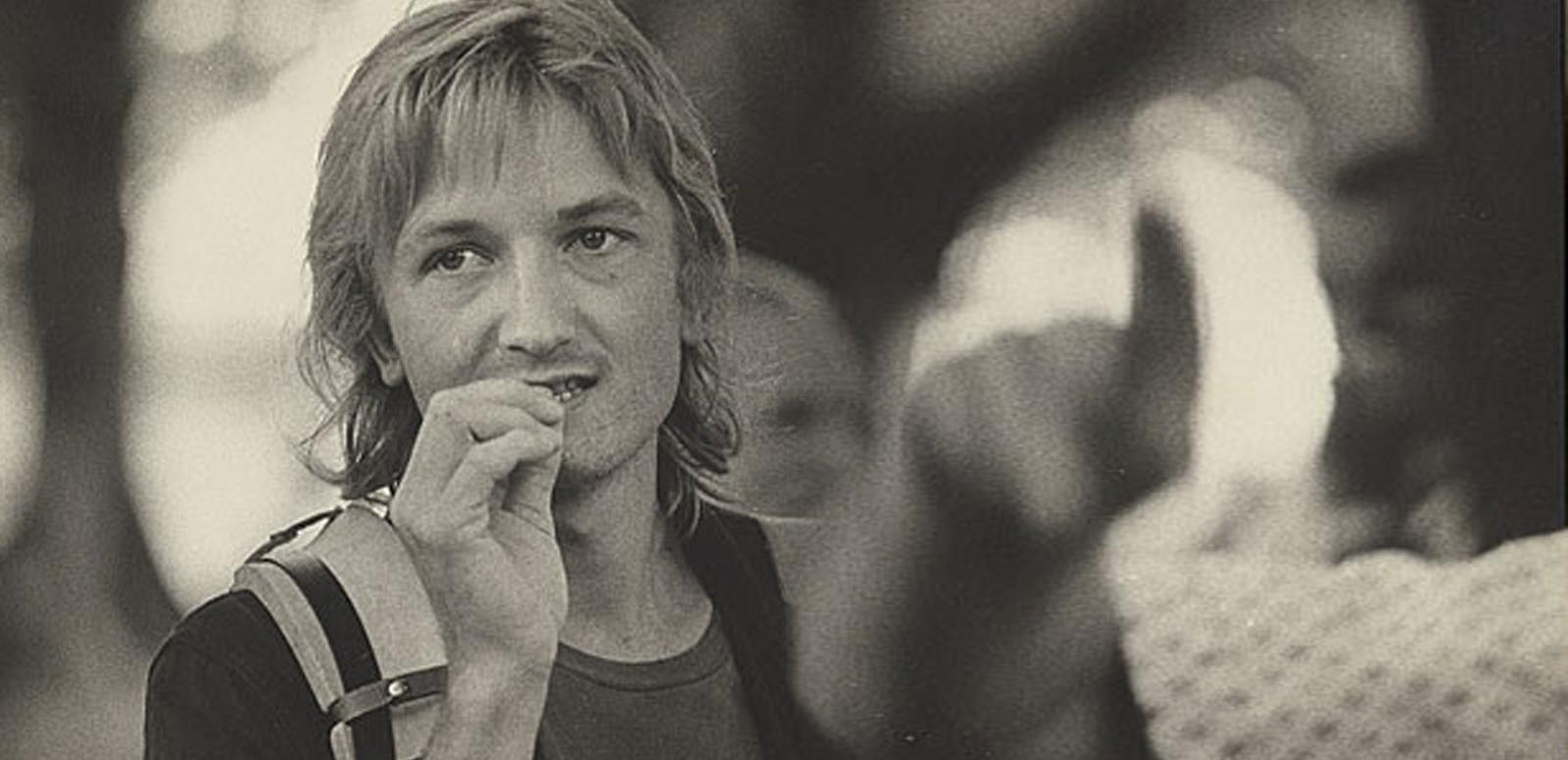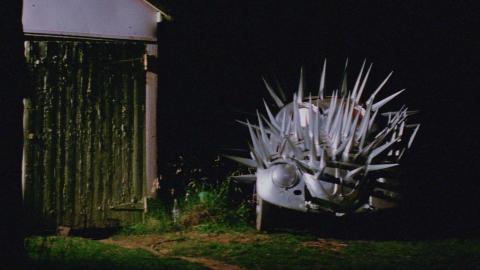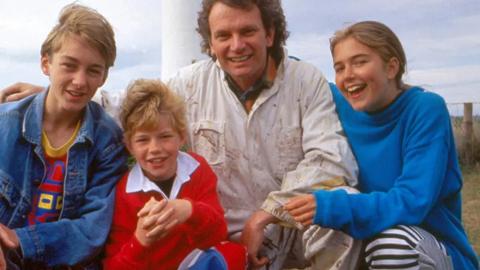

Vale Esben Storm
In the late 1970s when I wrote to filmmakers and distributors asking for images to illustrate the book Australian Cinema: The First 80 Years (1983), Esben Storm was one of the first to reply, sending me stills and signing his letter with an endearingly casual ‘Es’. In reading the almost 80 blog comments so far published in response to Encore magazine’s article on Esben’s death aged 60 on Monday 28 March, I’ve been struck repeatedly by the tributes industry people have paid to Storm’s generosity and encouragement to them over many years.
At the start of his career, Esben Storm considered himself an industry outsider and loner, a working-class boy raised on a farm in Denmark before migrating with his parents to Australia at the age of eight. In the early 1970s he was working as a production assistant at the predominantly middle-class Commonwealth Film Unit. It was at this time that he and schoolfriend Haydn Keenan, also working at the CFU, formed Smart Street Films. The Storm-directed In His Prime (1972) and the Keenan-directed Stephanie (1972) both won prizes at the 1972 Sydney Film Festival. In His Prime was about a migrant who after thinking he has blended with Australian society, becomes an outsider again when he loses his job. Storm’s debut feature, 27A (1974), filmed like a dramatised documentary, proved a major calling card for the director and was a film about an extreme outsider, an alcoholic man detained indefinitely in a hospital for the criminally insane.
In 1982’s With Prejudice, Storm made another film with strong documentary ingredients, a dramatisation of the trial of the three members of the Ananda Marga movement accused of the 1978 bombing of Sydney’s Hilton Hotel. He continued to direct documentaries, while in feature films and TV drama moving to more mainstream fare as a director, writer and occasional actor. His feature In Search of Anna (1978) told of another outsider, an ex-prisoner who hitchhikes up the east Australian coast in search of an elusive girlfriend while having a brief affair with a woman he meets along the way.
Storm’s comedy feature, the big-budget Stanley (1983), was a misfire but it was a testing ground for more comedy in television, where he ultimately seemed to be happiest as a director. His work for the Australian Children’s Television Foundation was especially able to convey his infectious enthusiasm for off-the-edge, fast-moving, frequently slapstick comedy, most notably in the 18 episodes he directed for Round the Twist (1990-2000), a series invariably able to send my own children into gales of floor-hugging laughter. His other work for the ACTF included Crash Zone (1998–99), Winners (1985) and The Genie from Down Under (1995–98). His comedy series Kick (2007), produced by Storm Productions which he had formed in 1978, centred around a 20-something Greek-Australian girl who, having failed to ‘make it big’, moves back in with her parents and gets to know the world of their multiracial neighbours in Melbourne’s Brunswick. One of Storm’s biggest hopes, unrealised until made by another filmmaker, was to adapt a feature version of John Marsden’s novel for young adults, Tomorrow, When the War Began (1993).
Carol Jerrems 'Esben Storm hand at mouth c.1975, National Gallery of Australia, Canberra, gift of Mrs Joy Jerrems 1981 © Ken Jerrems and the Estate of Lance Jerrems
The National Film and Sound Archive of Australia acknowledges Australia’s Aboriginal and Torres Strait Islander peoples as the Traditional Custodians of the land on which we work and live and gives respect to their Elders both past and present.


